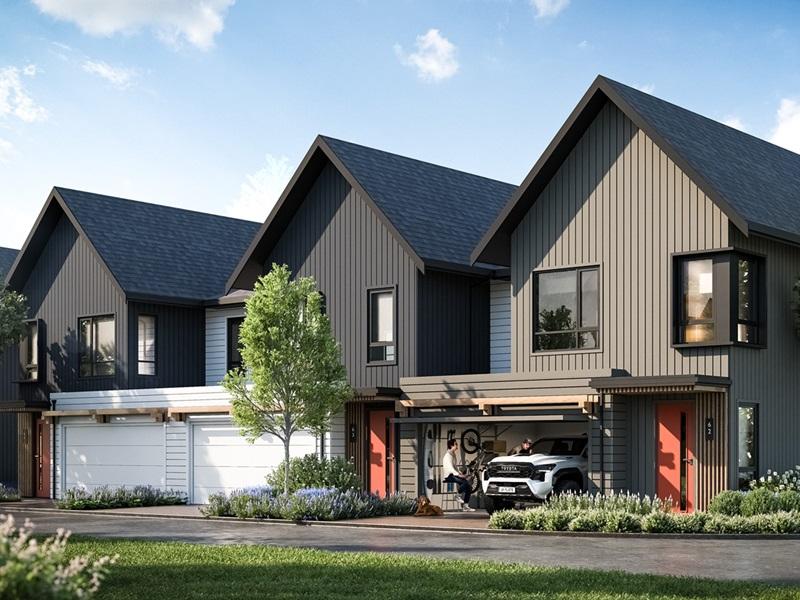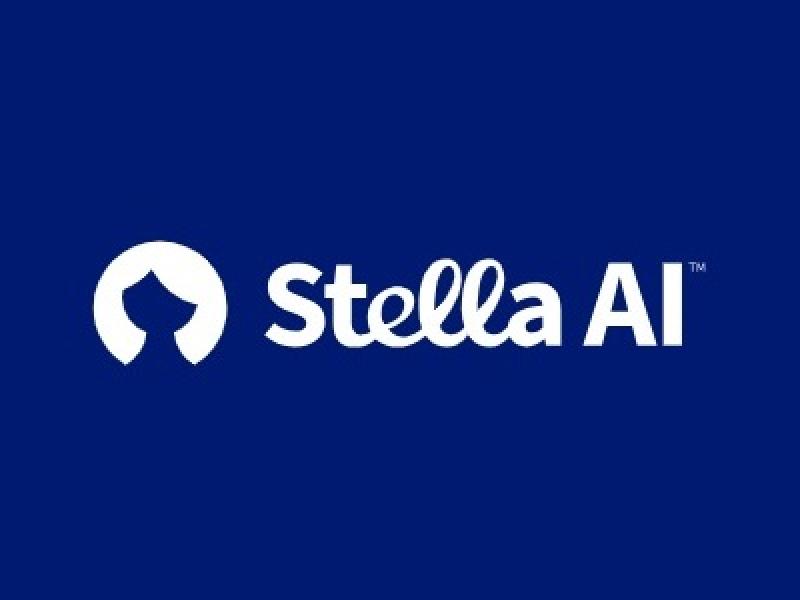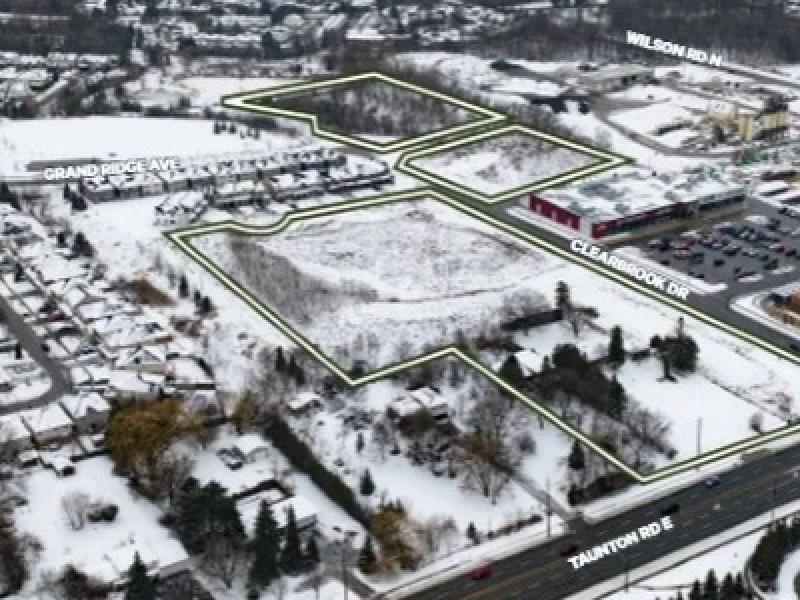
An electrified, low-carbon condo unit at The Well in Toronto is a window into a more sustainable style of home, studded with features that developer Tridel could soon make the norm at future developments.
Located at the massive downtown Toronto mixed-use development, the 480 Front St. tower contains a 1,080-square-foot, two-bedroom suite on the 17th floor named Current. There, Toronto-based Tridel is experimenting with a litany of innovations for reducing carbon and enhancing resident comfort, challenging itself to overcome the problems of the future.
During a tour of Current, RENX Homes got a view into how Tridel is including the latest in smart home gadgets, replacing natural gas appliances with electric counterparts, and powering the condo suite with a solar-powered battery.
“It's very much trying out new technologies,” Graeme Armster, Tridel’s director of innovation and sustainability, explained during the tour. “Oftentimes we'll try out a bunch of new technologies, but then we realize that, hey, maybe some of these new technologies could be implemented in day-to-day business right now.”
The Innovation Suite concept is not new to Tridel, a condo developer that has helped build over 90,000 units in the Toronto area. At its Ten York project, the developer focused on smart home features such as a wall-mounted system control panel and a smart mirror.
Halving carbon
Starting from the balcony, Armster pointed to the solar panels embedded into the railing. The sun can produce the electricity for the lighting and HVAC, and feed a battery placed on the balcony.

The solar panels are expected to generate two kilowatt-hours of energy per day, and the battery can store roughly three kilowatt-hours. The combination of both technologies can provide approximately half of the daily electricity consumption of Current. Power can be effectively free, or for a low price of two cents per kilowatt-hour if the battery is charged at night at off-peak hours from the grid.
In case of a black-out, the unit can have electricity and HVAC running for up to 10 hours, Armster said. The future owner can also add more batteries if desired.
Efforts were made to simplify the temperature control systems with a six-way valve that improves the efficiency of the four-pipe fan coil system. Not only are energy costs reduced, but having only one meter for both heating and cooling will cut the administrative burden, passing on the savings to the owner, he said.
Where there would typically be a natural gas-powered water boiler, Tridel installed an electric version. Other than eliminating the need for the fossil fuel, Armster highlighted how it can be turned on and off with the push of a button, making it easy to save energy.
Sitting next to the boiler is a heat pump dryer with no exterior venting, promoting airtightness.
The same principle of closing off any external venting is present in the kitchen. Using a closed loop system and a charcoal filter, Tridel eliminated a path for heat and energy to escape the building via rooftop vents.
To close minuscule, unnoticeable cracks and crevices that would leak air and heat if left untouched, Tridel employed a solution from a company named Aeroseal. A blower door was put in place early in Current’s construction to detect leakages. Then a spray gun shot fine particulate matter that flowed to the gaps and sealed them, halving the air leakage.
Heating and cooling for Current is provided by the low-carbon deep lake water cooling system The Well uses across all its residences and commercial buildings.
Altogether, the features in Current are expected to halve the carbon emissions compared to a conventional condo unit. The carbon payback period – when the building’s sustainability features offset the higher upfront cost – is 10 estimated to be months, Armster said.
The heat pump clothes dryer, an energy recovery ventilator with heat recovery, and smart thermostat are features Current shares with other units at the condo.
Leading in comfort
Current is not exclusively a display of Tridel’s decarbonization efforts, but also an opportunity to test the newest in smart home technology made for resident convenience and quality of life.
The power-over-ethernet system distributes electricity and data in the devices, enabling lighting in the bedrooms and kitchen that matches the body's circadian rhythm. The lighting is a light orange in the morning and blue-white in the afternoon, aligning with internal clocks to promote a typical sleep-wake cycle.
Carbon dioxide and indoor air quality sensors paired with an energy recovery ventilator will detect pollution such as particulates and automatically turn on the filter.
Pre-programmed profiles in the shower will remember the water temperature settings and a schedule set for each occupant.
“Now you can say 'I'm going to shower at 7 a.m. every morning, so be ready for me'. And it'll flush the line of the cold water so that the hot water is waiting for you, and you literally turn on and we'll have hot water instantly,” Armster said.
A test drive for Current’s qualities
Tridel does not intend for Current to be a mere model unit. The developer will sell it an expected price of $1.8 million to $2 million and ask future owners for feedback.
“You actually need someone to live in it, right? If you build a car, you need someone to drive the car for you to actually get real feedback, right?” Armster said.
The most successful components may be used in Tridel’s future projects.
“Our goal is (to find) improvements that we can make to be leaders in the industry so we can differentiate ourselves . . . So if we can find ways to offer more features that are attractive but also save people money, then we can differentiate ourselves amongst those other properties, and people are going to want to pick our place first.”










